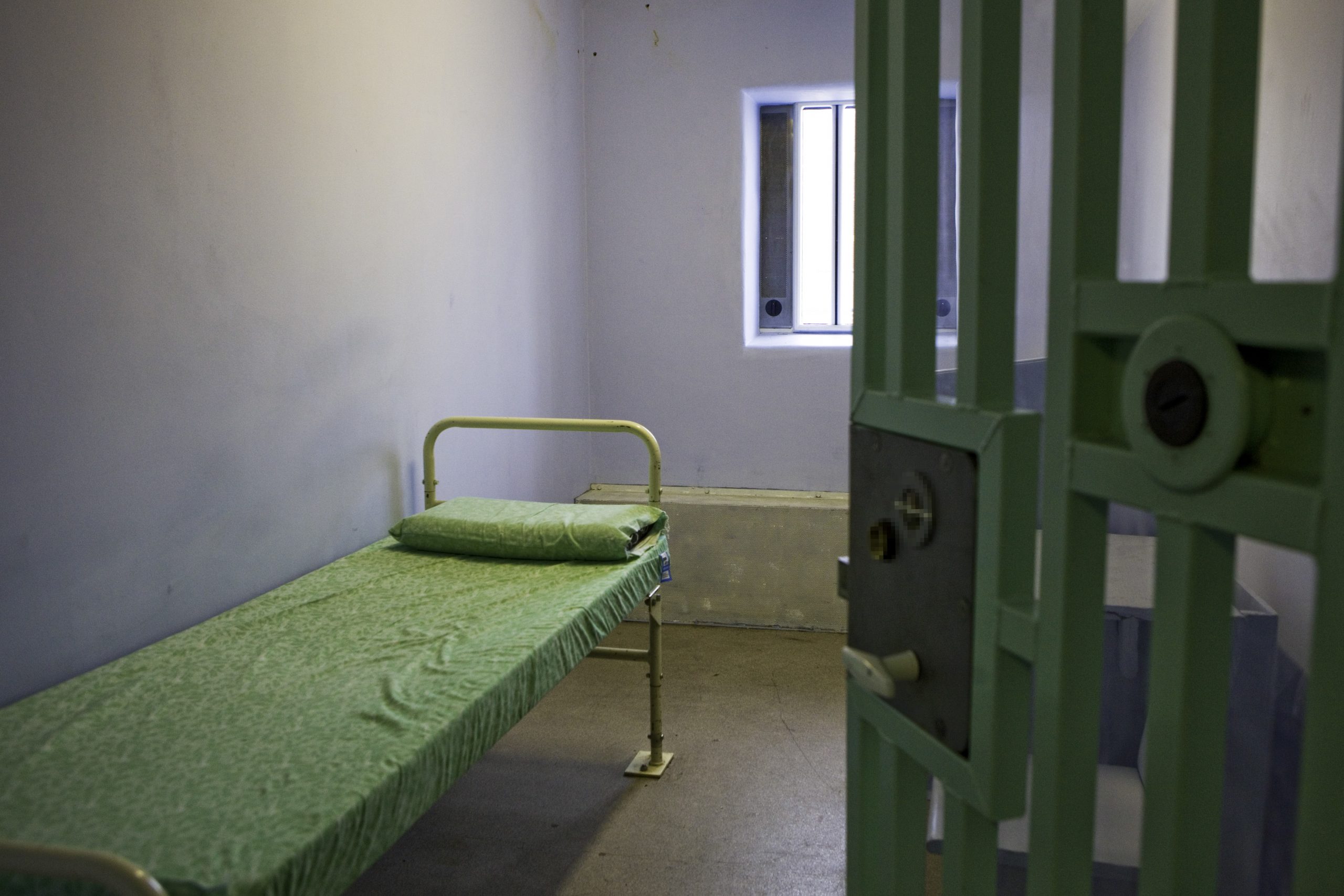Half of children jailed for criminal offences were investigated again within three months of their release, according to a new study featuring in a report by the prisons watchdog. Of fifty boys and young men that featured in the study by the HM Inspectorates of Probation and Prisons, three had been recalled to custody, 10 convicted of another crime, another 10 breached their licence conditions and six were unaccounted for.
The research followed the experiences of 50 children and young people released from all five young offender institutions in England and Wales and the support they received from in their first three months post-release. The report found a lack of coordination between institutions, an ineffective system of support for children who were being ‘set up to fail’. According to Justin Russell, Chief Inspector of Probation, a key factor of reoffending was the failure to house the boys after their release. About six out of 10 of the boys had been under local authority care. But budget cuts affected the suitability of their housing.
In some cases, planning started ‘just 10 days prior to release or even after release – this is too little, too late to be effective’, commented Chief Inspector of Prisons Peter Clarke said. ‘Local authorities at a time of austerity are reluctant to continue paying for a care home place,’ Russell noted. The boys were sent to places far from their homes, where they were a target for criminals and grooming gangs.
There was also a lack of rehabilitation efforts. Only half get the substance misuse support they require and only one in five getting education or training on release.
One of the main issues was the lack of coordination between the custody services and the organisations that delivered support to the children after release. ‘Within custody, agencies did not always work well together or coordinate their interventions and did not ensure that provision was in place to continue to deliver support on release,’ said the report. ‘… At the same time, too often, external agencies did not begin planning from the outset and left organising interventions until after release, so that the child was waiting for services to begin. In too many cases, the child did not have employment, training or education to go out to and mental health and substance misuse support was rarely in place on the day of release.’
According to the inspectorate. nothing much has changed since 2015 when it last reported and made recommendations.







